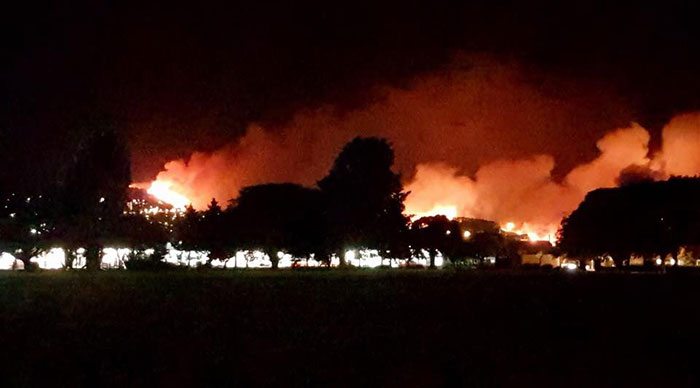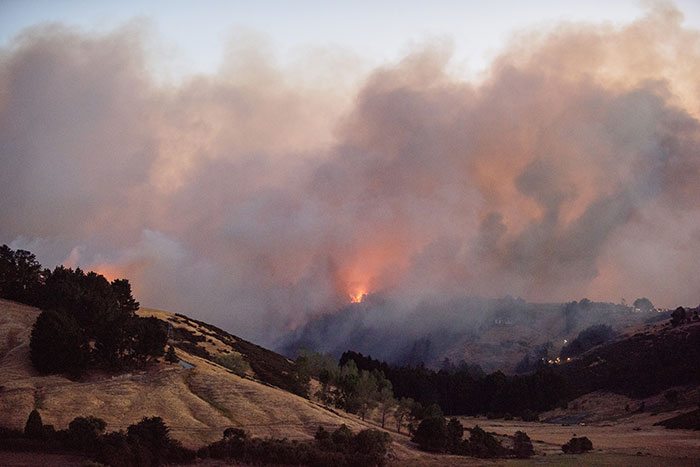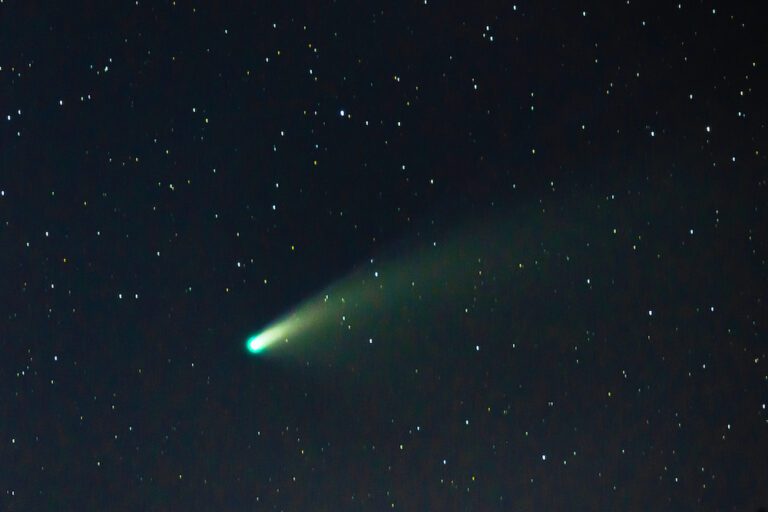New Zealand
Rising temperatures and winds make this afternoon a critical period as firefighters face days or even weeks fighting raging bushfires in the hills surrounding Christchurch.
Civil Defence said this afternoon 11 homes and two sheds have been destroyed by the out-of-control fires, spreading over 20 sq km on the outskirts of the city.
The intensity and size of the fires are restricting the number of firefighters that can be sent into the area to fight the rapidly moving and changing blazes.
At least 400 homes have been evacuated by the authorities. Hundreds of other residents have chosen to leave the area and move in with friends or family. Most schools and many businesses in the area have been closed.
More than 130 firefighters are on the ground, plus 14 helicopters, three planes, crews with pumps and tankers from the city and firefighters from throughout the country.
One man has died fighting the fire. Helicopter pilot David Steve Askin, a former corporal in the New Zealand Army’s Special Armed Services who won the NZ Gallantry Star when serving in Afghanistan, was killed when his machine crashed on Monday afternoon.

Prime minister Bill English, civil defence minister Gerry Brownlee (who is also the city’s earthquake recovery minister) and Christchurch mayor Lianne Dalziel visited the scene and held a press conference this afternoon.
English confirmed Australia has offered to assist. He would take up any offers based on the advice from people on the ground, he said, but no more helicopters or aircraft could be sent into the area for aviation safety reasons.
Brownlee, answering questions about the length of time it took the government to declare a state of emergency, said people battling the blaze were doing an incredible job but the bureaucratic processes were not up to scratch, and relevant legislation would be reviewed after the event. The fastest and most accurate source of information had been from the media, he said.
Dalziel defended the processes, saying in terms of resourcing, nothing would have changed even if a state of emergency had been declared earlier. The review was not for today, she said; today was for thanking those on the ground.
The country’s MetService has little good news for firefighters. It has forecast a high of 21C and steady, warm northeast winds continuing through to Saturday. There might be some light rain at the weekend.
Helicopter pilots – including former All Blacks captain Richie McCaw – expect to be fighting the blazes for days.
Christchurch Helicopters’ Dougal Monk said five of the company’s helicopters and two military-grade Iroquois were focused on “lives first, houses second”.
Chopper crews had put in a “huge effort” in recent days, flying until 8.30pm, Monk said. “We’re rotating the pilots and making sure everyone’s rested, which is really important in a long battle like this.”
The first fire — believed caused by an electrical problem — began on Monday, along Early Valley Rd in Lansdowne. By 7pm, crews were battling a second blaze on Marley’s Hill, south of the city. Authorities don’t know how that blaze began, but believe it started in a car park off Summit Rd.
Latest map below from the fire area affected as at 7am. We will post an updated photo later this morning. pic.twitter.com/DZ0uiCknIy
— ChCh City Council (@ChristchurchCC) February 15, 2017
Australia
The NZ fires come after Australia has battled its own share of bushfires this week. Fires swept through towns in New South Wales’ Central West, and also across the mid-north coast in the Pappinbarra region.
Yesterday the NSW government announced that disaster assistance has been made available for those communities who were affected by the recent fires. Minister for Emergency Services Troy Grant said that a range of disaster assistance is available to help affected individuals, small businesses, farmers and councils.
“Many communities have been severely affected by the bushfires over the weekend,” said Mr Grant. “The Australian and NSW governments have acted quickly to ensure affected people have access to much-needed disaster assistance to support their recovery.
Further information on disaster assistance is available on the Australian Government’s Disaster Assist website and the NSW emergency information and response website.
For information on personal hardship and distress assistance, contact the Disaster Welfare Assistance Line on 1800 018 444.







